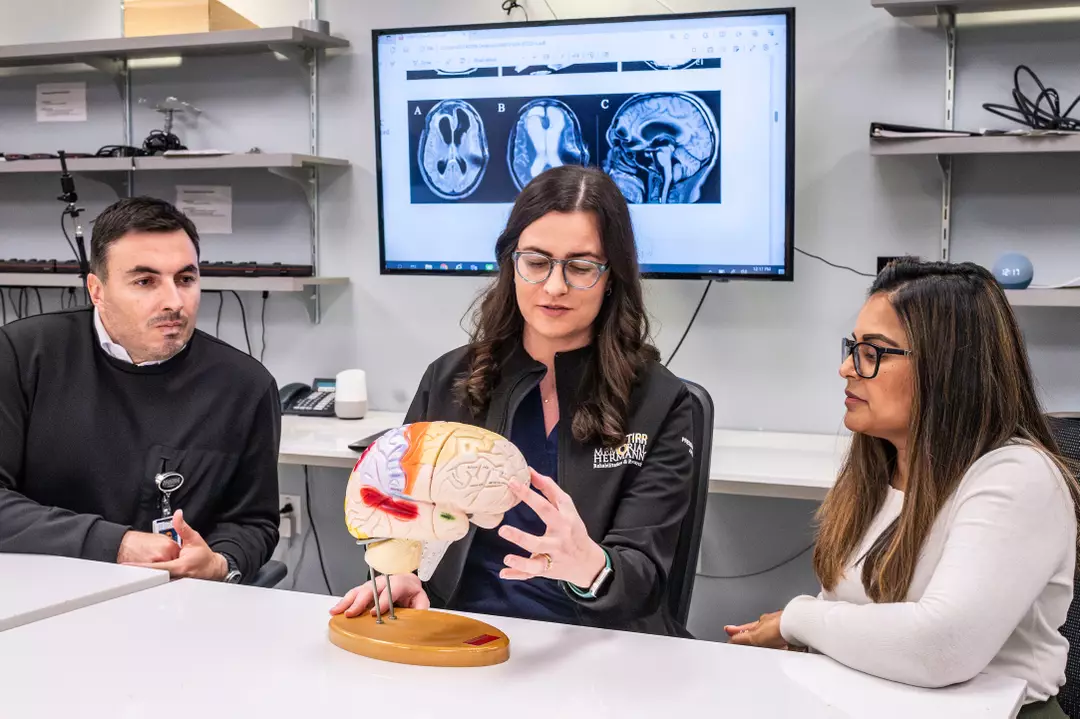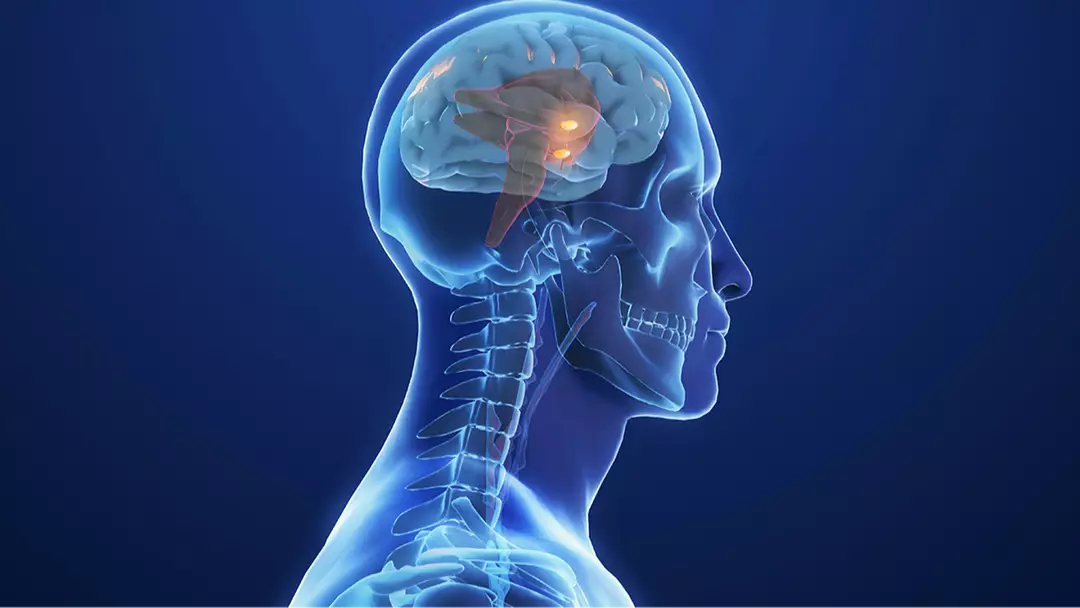A recent study suggests that we may remain in adolescence longer than previously thought.
Researchers at the University of Cambridge conducted a study that identifies five distinct stages of brain development throughout life. These stages are marked by significant changes at the ages of nine, 32, 66, and 83.
The research included approximately 4,000 participants, ranging from children to 90-year-olds, who underwent brain scans to examine the neural connections within their brains.
The findings indicate that the human brain does not fully mature beyond its adolescent phase until we are in our early thirties.
This is the age at which our mental capabilities are said to ‘peak’.

This information, according to the researchers, is crucial in understanding the varying risks of mental health disorders and dementia as we age.
Dr. Alexa Mousley, the study’s lead author, mentioned to the BBC: “The brain rewires across the lifespan. It’s always strengthening and weakening connections and it’s not one steady pattern – there are fluctuations and phases of brain rewiring.”
The research identifies five main phases of brain development.
Childhood is from birth to nine years old, while adolescence extends from nine to 32.
Adulthood spans from 32 to 66, with early aging occurring from 66 to 83, and late aging from 83 onward.
Although some individuals might reach these developmental milestones earlier, the key ages were consistently evident in the collected data.
The study’s release prompted reactions on social media. One user remarked: “Kinda comforting honestly — all of us fumbling through our twenties were just… biologically in extended adolescence the whole time. Makes so much make sense now.”
Another commented: “So basically I’ve been a teenager this whole time? Explains a lot.”

Another tweet read: “So apparently we’re all teenagers until 32 now. Cambridge basically said your brain doesn’t fully adult until your early thirties — which explains why half of us are still making questionable life choices well past 25.”
While there is existing knowledge about differences in development between men and women, this Cambridge study did not specifically address gender-based differences.
Duncan Astle, Professor of Neuroinformatics at the University of Cambridge and part of the research team, explained: “Many neurodevelopmental, mental health, and neurological conditions are linked to the way the brain is wired. Indeed, differences in brain wiring predict difficulties with attention, language, memory, and a whole host of different behaviours.”

